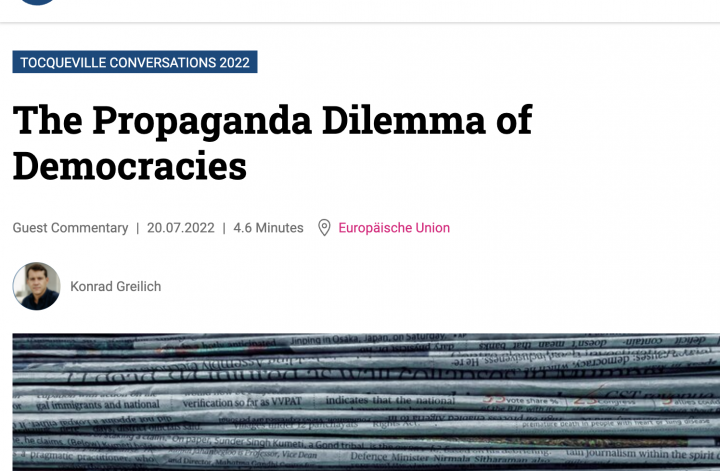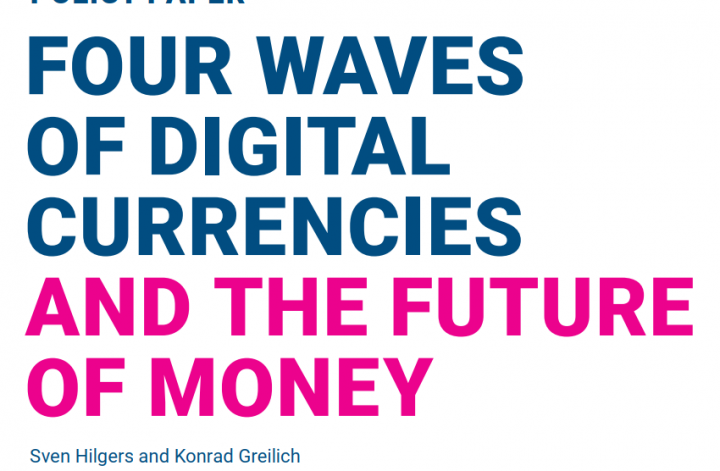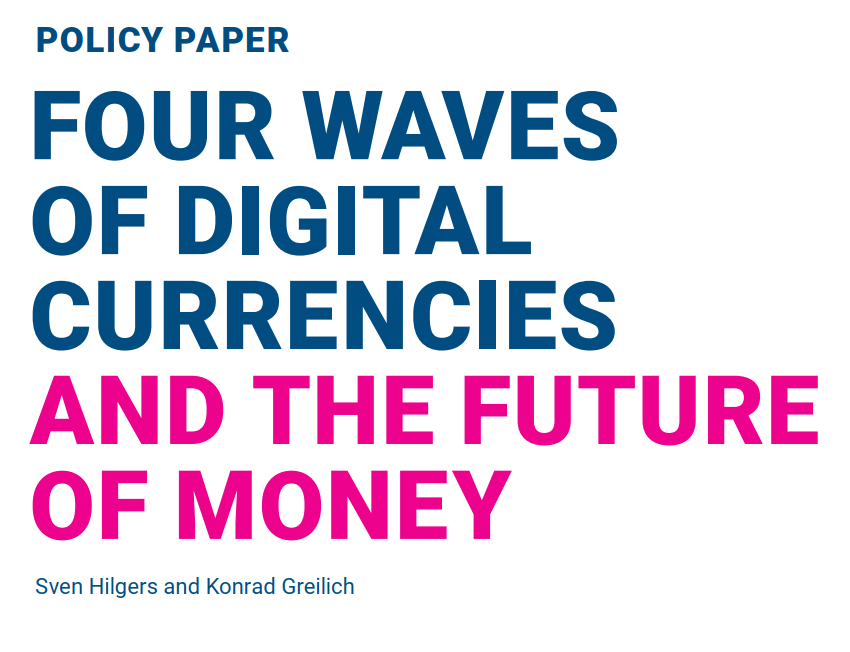Did you know that RT is the second most shared Spanish-language “information source”?
In my guest commentary for the FNF EU I identify a Propaganda Dilemma for democracies. While authoritarian states brazenly spent money to spread their false narratives at home and abroad, our values of free press and media make it almost impossible to match the messaging or deal with the lies imprinted on our open societies. I´ve suggested four steps the West should take to counterattack the Russian disinformation ecosystem.
You can read the article for free here.


